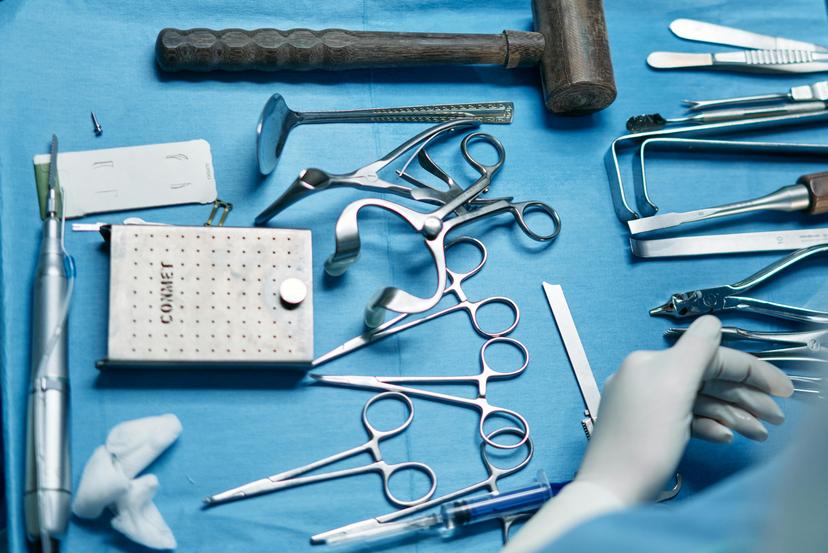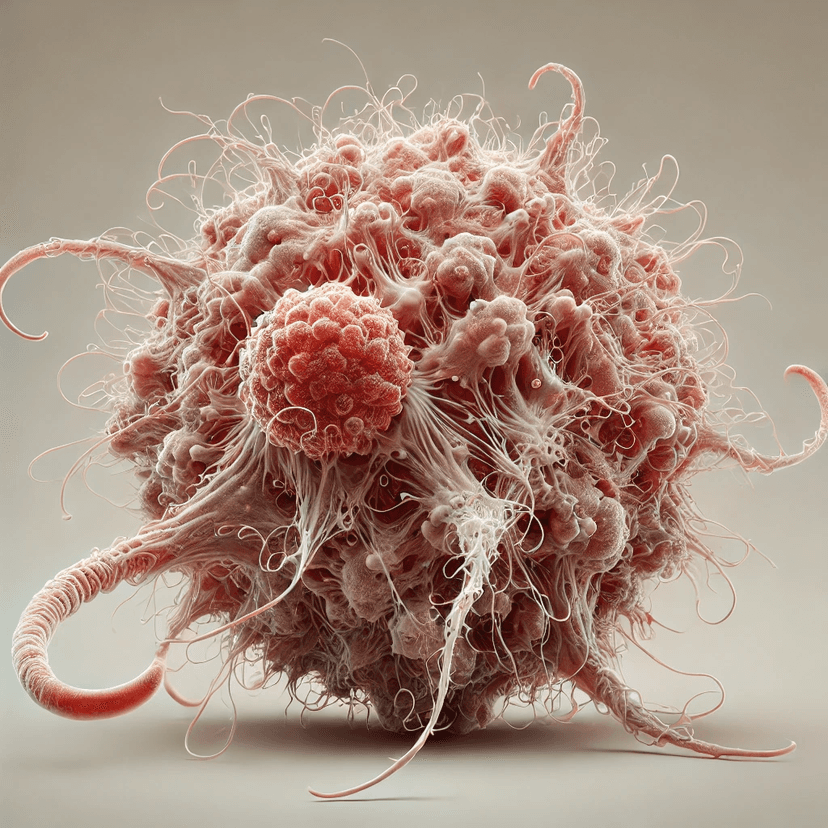
Chemotherapy for Liver Cancer: What to Expect
24 Nov, 2023
 Healthtrip Team
Healthtrip TeamLiving with liver cancer is undoubtedly challenging, but with advancements in medical science, chemotherapy has become a crucial component in the fight against this formidable disease. If you or a loved one is considering or undergoing chemotherapy for liver cancer, this comprehensive guide aims to provide valuable insights into what to expect and effective strategies for managing potential side effects.
Chemotherapy is a systemic treatment that uses powerful drugs to target and destroy cancer cells throughout the body. In the context of liver cancer, chemotherapy can be administered in various forms, including oral medications, intravenous infusions, or a combination of both. The goal is to shrink tumors, alleviate symptoms, and improve overall quality of life.
Most popular procedures in India
When and Why Chemotherapy is Administered for Liver Cancer:
1. When:
- Early Stages: Chemotherapy may be used before surgery (neoadjuvant) to shrink tumors, making surgical removal more effective.
- Advanced Stages: In cases where surgery is not a viable option, chemotherapy becomes a primary treatment method to control the spread of cancer and manage symptoms.
2. Why:
- Shrinking Tumors: The primary goal is to reduce the size of liver tumors, making them more amenable to surgical removal or other localized treatments.
- Systemic Treatment: Liver cancer can often involve multiple areas, and chemotherapy, being a systemic treatment, targets cancer cells throughout the body.
- Controlling Spread: For advanced cases where cancer has spread beyond the liver, chemotherapy helps control the progression of the disease.
- Symptom Management: Chemotherapy can alleviate symptoms such as pain and discomfort associated with liver cancer, improving the patient's overall quality of life.
Wellness Treatments
Give yourself the time to relax
Lowest Prices Guaranteed!

Lowest Prices Guaranteed!
What to Expect During Chemotherapy:
1. Preparation:
- Medical Assessments: Before starting chemotherapy, a patient undergoes thorough medical assessments to evaluate their overall health, organ function, and potential risks.
- Discussions with Healthcare Providers: Patients typically have detailed discussions with their healthcare team to understand the treatment plan, potential side effects, and any specific considerations based on their health status.
- Pre-Medications: Some patients may receive pre-medications to prevent or minimize certain side effects, such as nausea or allergic reactions.
2. Administration:
IV Line, Injection, or Oral Medications: Chemotherapy drugs can be administered through various methods, including intravenous (IV) infusion, injections, or oral medications. The chosen method depends on the specific drugs and the treatment plan.
3. Duration:
Varied Session Lengths: Chemotherapy sessions can range from relatively short durations to several hours. The duration depends on factors such as the specific drugs being used and the prescribed dosage.
4. Frequency:
Treatment Plan Determinants: The frequency of chemotherapy sessions is determined by the overall treatment plan, which is tailored to the type of cancer, its stage, and the individual patient's response to treatment.
5. Side Effects:
- Common Side Effects: Chemotherapy often causes side effects, such as fatigue, nausea, hair loss, and changes in blood cell counts.
- Management Information: The healthcare team provides information on managing these side effects, which may involve medications, lifestyle adjustments, or other supportive measures.
6. Monitoring:
Assessment of Response: Throughout the course of chemotherapy and afterward, healthcare providers monitor the patient's response to treatment. This monitoring is often done through blood tests and other assessments to track changes in cancer markers and overall health.
7. Supportive Care:
Addressing Side Effects: Supportive care is essential to help patients manage and cope with side effects. This can include medications, nutritional support, counseling, and other interventions to maintain the patient's well-being.
While chemotherapy for liver cancer may bring challenges, it is an integral part of the journey toward recovery. Open communication with your healthcare team, a positive mindset, and a well-informed approach to managing side effects can significantly enhance the effectiveness of treatment and improve your overall quality of life. Remember, you are not alone, and there is a community of support ready to help you navigate this challenging but hopeful path.
Related Blogs

Laparoscopic Liver Resection: A Minimally Invasive Approach to Liver Cancer Treatment
Discover the benefits of laparoscopic liver resection, a minimally invasive

Top Treatment Options for Liver Cancer
Looking for the best treatment options for liver cancer? Dealing

A Comprehensive guide to Liver Cancer Treatment in India
Do you have questions about liver cancer treatment options in

Best Hospitals for liver cancer Treatment in turkey
Liver cancer is a daunting diagnosis, and finding the right

Navigating Liver Cancer and its treatment in India
Liver cancer, a malignancy originating in liver cells, poses a

Considering Alternative Therapies for Vaginal Cancer? Weighing the Pros and Cons
Vaginal cancer, a relatively uncommon but complex condition, predominantly affects










